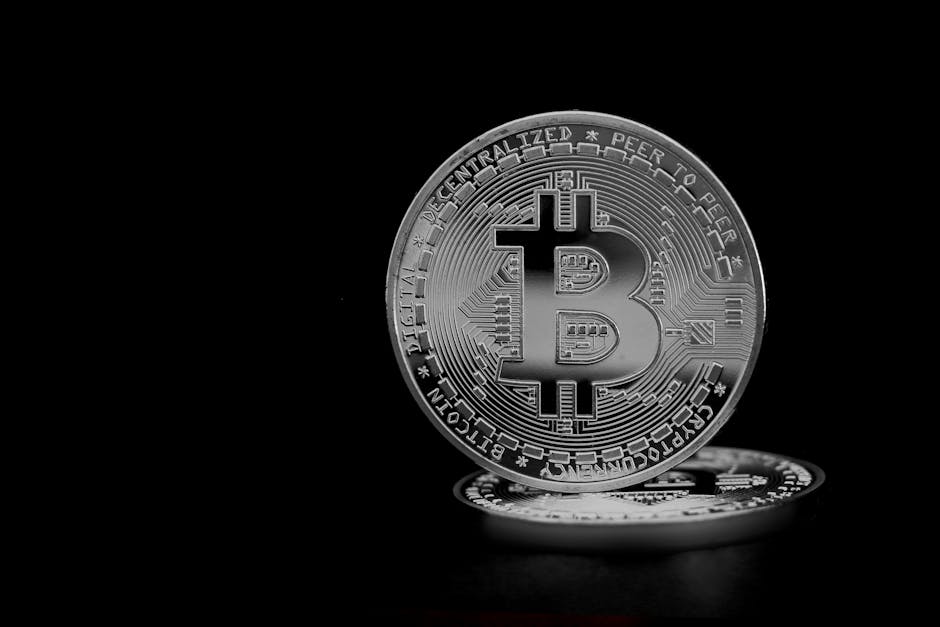

The digital age, for all its convenience, has ushered in an era of unprecedented surveillance. From targeted ads tracking our every click to government agencies monitoring transactions, the feeling of genuine online privacy seems increasingly like a relic of the past. In this landscape, a quiet resurgence is underway in the world of cryptocurrency: privacy tokens, with Zcash leading the charge, are back in the conversation. Once a niche topic, the concept of anonymous digital transactions is gaining renewed traction as individuals and institutions alike grapple with the implications of an ever-monitoring online world.
The Erosion of Digital Privacy and the Demand for Sovereignty
Our lives are now inextricably linked to the digital realm. Every email, purchase, and social media interaction leaves a data trail, harvested by corporations and monitored by governments. Even seemingly anonymous cryptocurrency isn't immune; Bitcoin's public ledger, combined with Know Your Customer (KYC) regulations on exchanges, often allows transactions to be traced. This omnipresent surveillance, coupled with high-profile data breaches, fuels a growing unease about our digital footprint. It's this desire for financial sovereignty and control—the belief that just as physical cash transactions are private, so too should digital ones be—that underpins the renewed interest in truly private solutions.
Zcash and the Power of Zero-Knowledge Proofs
At the forefront of this privacy push is Zcash (ZEC), which offers users a choice: transparent or shielded transactions. It achieves this through a groundbreaking cryptographic technique called Zero-Knowledge Succinct Non-Interactive Arguments of Knowledge, or zk-SNARKs. These allow one party to prove they possess certain information (e.g., they own Zcash and are authorized to send it) without revealing the information itself (e.g., the exact amount or the recipient's address). A shielded Zcash transaction can be fully validated by the network, confirming its legitimacy, without exposing any sensitive details. This unparalleled privacy is a significant differentiator, allowing for genuine financial discretion in an otherwise transparent blockchain world.
Beyond Zcash: A Growing Privacy Token Ecosystem
While Zcash stands out for its advanced cryptography, it's not the sole player. Monero (XMR), for instance, uses ring signatures and stealth addresses to make all its transactions private by default. Dash also offers a "PrivateSend" feature, though its anonymity is less robust. The renewed interest isn't just in Zcash itself, but in the entire concept of private digital cash. As regulatory landscapes evolve and data privacy becomes a more pressing global concern, the demand for a diverse ecosystem of privacy-preserving tools is likely to grow, pushing further innovation in this crucial sector of decentralized finance.
Regulatory Challenges and the Balance of Anonymity
Despite the clear demand, privacy tokens face significant hurdles, primarily from regulators. Their anonymity raises concerns about illicit activities like money laundering, leading some exchanges to delist them to comply with strict KYC/AML rules. This presents a challenge: while privacy is a fundamental right, its misuse can have serious consequences. The crypto community must articulate the legitimate and ethical use cases for financial privacy, separating it from the narrative of facilitating dark web transactions. Many argue privacy is essential for personal security, protecting individuals from targeted attacks, extortion, or simply maintaining financial discretion.
The Enduring Case for Digital Autonomy
Ultimately, the resurgence of Zcash and other privacy tokens underscores a fundamental desire for digital autonomy and control in the digital age. In a world where every piece of data is a potential commodity or a point of vulnerability, the ability to conduct private financial transactions is not just a convenience but a safeguard for individual freedom and security. As the crypto space matures and the initial hype gives way to more practical considerations, the need for robust, auditable, yet private financial instruments will likely become an even more critical component of a truly decentralized and user-centric future.
Zcash and the broader category of privacy tokens are more than just speculative assets; they represent a principled stand against ubiquitous surveillance and a commitment to preserving financial privacy in an increasingly transparent digital world. Their return to the spotlight isn't a fleeting trend but a reflection of a deeper societal shift – a growing awareness that while transparency has its merits, so too does the fundamental right to discretion. As we navigate the complex interplay of technology, privacy, and regulation, the conversation around Zcash and its peers will only intensify, cementing their role as vital tools for digital autonomy.
Keywords: Crypto
